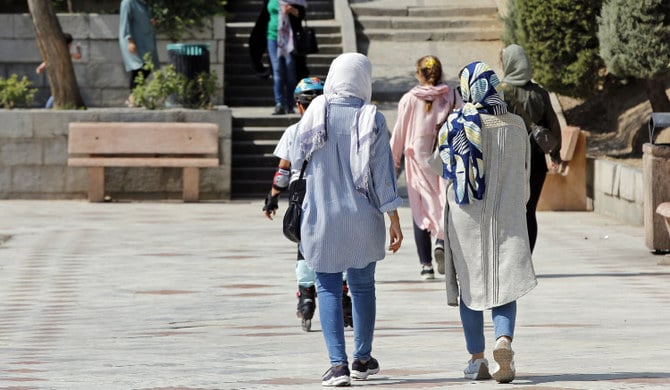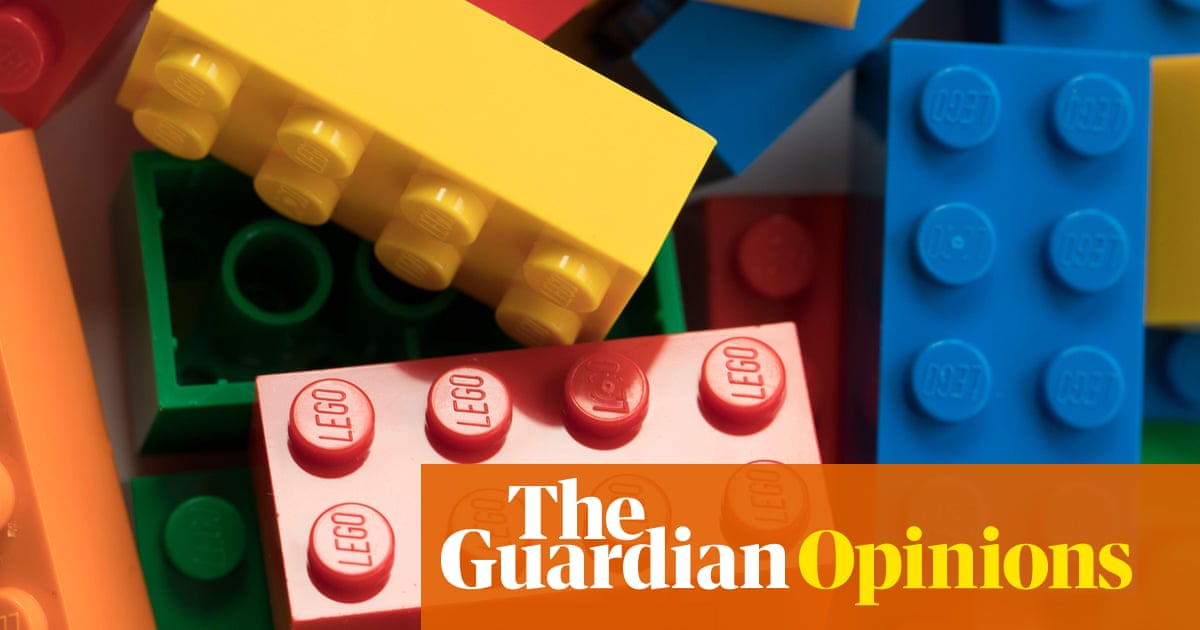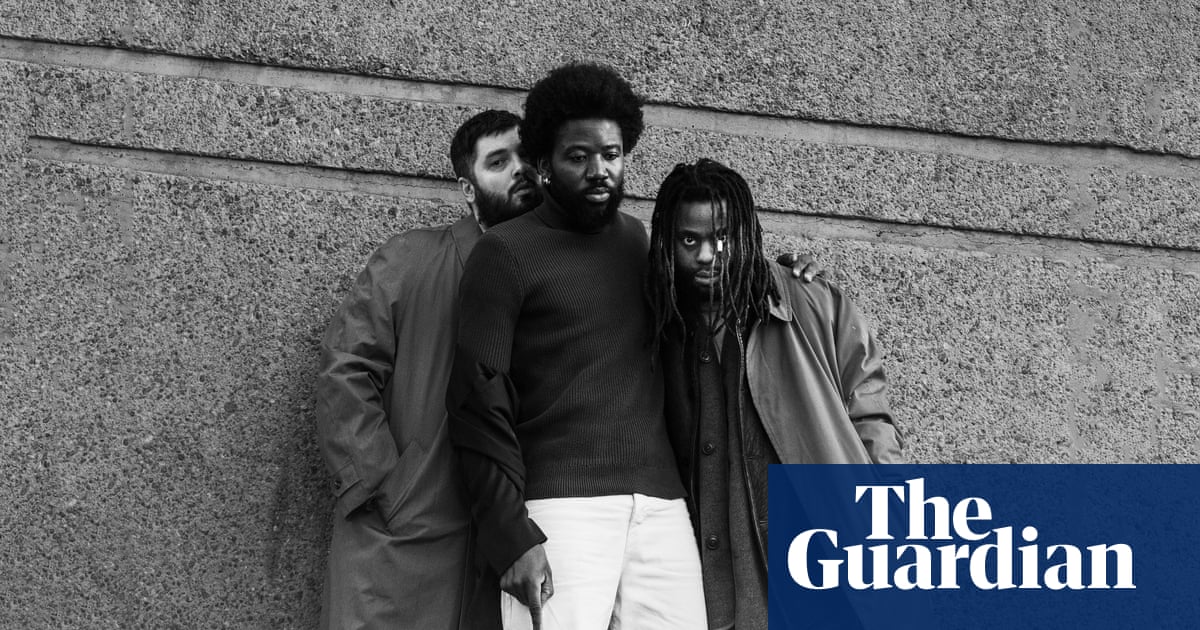
I heard the news this week about the UK ambassador in Tehran being arrested with a mixture of grave concerns. Here was a friend and colleague, who had supported me well while I was the minister responsible for the Middle East, being seized, and a friend’s first instinct is for the welfare of another, while appreciating the wider circumstances.
The news took me back to November 2011, when, as a minister to then-Foreign Secretary William Hague, we had to deal with a violent attack on the British Embassy in Tehran. Once the safety of our personnel was assured, we made a quick decision to close the embassy and ask Iran’s diplomats to leave the UK.
While that marked a low in the UK’s long relationship with Iran, it did not stop communication between us entirely and efforts to restore relations, in our mutual interest and that of the region as a whole, resulted in the reopening of our embassy in 2015, shortly after the conclusion of the nuclear deal known as the Joint Comprehensive Plan of Action (JCPOA).
The need for diplomats to carry out their business without fear or favor is obvious. They must, of course, play by local rules themselves, but that conduit of messaging is at its most important in times of difficulty and potential crisis. That is why British Foreign Secretary Dominic Raab’s response is right, stressing the UK’s deep concern at the incident in very clear terms as a “flagrant violation of international law,” but also recognizing the possibilities of “de-escalating tensions and engaging in a diplomatic path forwards.”
Which brings us neatly to the key question: How will the UK’s policy toward Iran handle the crossroads where we seem to be and develop in the light of so many new factors on all sides?
Since that 2015 restoration of diplomatic relations, the UK has followed a policy that saw the JCPOA as a building block for the future, but never as an end in itself. Discussions never stopped with Tehran about other aspects of policy on which we and many others, especially friends in the Gulf, were concerned. Nor did we stop listening to Iran’s arguments about why others had to change their responses toward them and their analysis of Lebanon, Syria, Iraq or Yemen. Understanding the other’s position never requires excusing, justifying or appeasing, and the UK has not done so in the case of Iran. We have our own analysis of these crises. We held to the nuclear deal not because we believed Iran was meeting all the other expectations, but because we had agreed a confining agreement on nuclear matters themselves, from inspection to reductions of material, which, by the endorsement of the International Atomic Energy Agency, Iran had been upholding. We have therefore always held that this agreement was intrinsically useful in itself, as others have done.
But everyone knew a crunch would eventually come, either through events in the region or the advent of the sunset clauses. Sooner or later, more decisions would be required.
I imagine that crunch is now with us, following the first two weeks of January, which saw the assassination of Qassem Soleimani and the downing of the Ukrainian airliner, followed by the admission by Iran that it was responsible and the outpouring of public anger and protest — a scarcely predictable set of events. While many fundamentals of recent years have not altered, we all know something has changed, and what happens next is crucial.
For the UK, decisions in foreign policy come at a time when it is supposed to be hamstrung between trying to please both the US and the EU simultaneously due to Brexit, which is impending. But I’m not so sure this is such a good guide. Brexit has been pending since 2016, as is painfully known, and, during this time, the same awareness might have dictated policy decisions, but I see no evidence of this. It has fought its corner with the EU stubbornly, but also taken exception to US policy on Jerusalem, West Bank settlements and the JCPOA. Last week, Prime Minister Boris Johnson signed a statement with other EU leaders urging de-escalation and a diplomatic way forward, while on Tuesday the UK joined France and Germany in triggering the JCPOA’s dispute resolution mechanism as a result of Iran’s recent noncompliance.
While I expect UK policy to remain one of engagement with Iran, its tone will get sharper, not least as a reaction to the incident with the ambassador, and a sense that, whatever else has to move in the region, it is not possible for Iran to go on as it has been with its external policy. The UK’s position will not be in response to US pressure, nor that of the EU, but a hard-headed calculation that an opportunity has presented itself through circumstances and, if we want to see security and stability in the Middle East, as the UK does, we cannot simply go on as if nothing has happened. The UK can be a bridge, mediator and instigator acting with regional players. With no illusions about the degree of difficulty or the rockiness of the road ahead, we should not let this chance pass.
Alistair Burt is a former UK Member of Parliament who has twice held ministerial positions in the Foreign and Commonwealth Office — as Parliamentary Under Secretary of State from 2010 to 2013 and as Minister of State for the Middle East from 2017 to 2019. Twitter: @AlistairBurtUK












